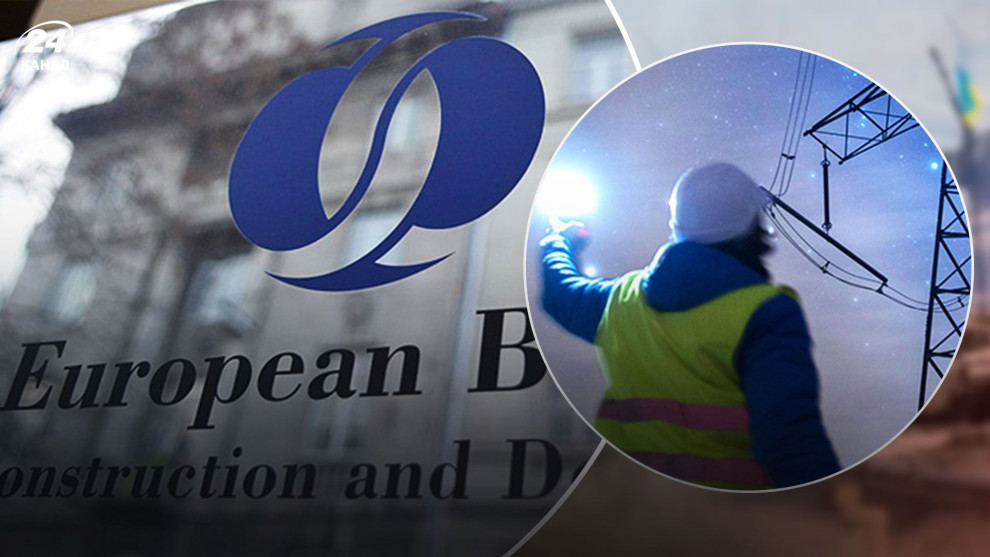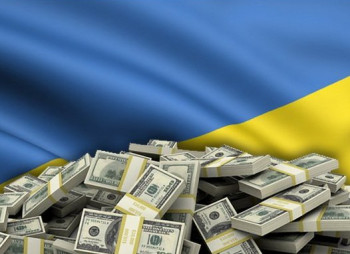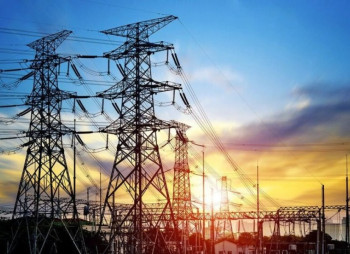At the Ukraine Recovery Conference, the European Bank for Reconstruction and Development (EBRD) and the government of Ukraine have agreed to join forces to mobilise a major new financing package supporting the country’s energy security, with finance for electricity, gas and hydro companies totalling €600 million in the form of loans and grants from international donors.
Odile Renaud-Basso, President of the EBRD – which is Ukraine’s biggest institutional investor – signed three Memoranda of Understanding today with Ukrainian Prime Minister Denys Shmyhal in London on mobilising €200 million for the electricity transmission company Ukrenergo, €200 million for the gas company Naftogaz and €200 million for Ukrhydroenergo, the hydropower entity.
The hydropower financing package will come in the wake of recent flooding in Kherson region caused by damage to the Nova Kakhovka dam on the Dnipro river. €50 million will be liquidity funding to keep the company resilient, and the remaining €150 million is to rehabilitate two hydropower plants close to the Zaporizhia nuclear power plant, on the river cascade near Nova Kakhovka, as part of Ukrhydroenergo’s disaster response.
The funding for Ukrenergo, for providing liquidity linked to market reforms, adds to a total of €520 million already provided by the EBRD since the Russian invasion last year. Ukrenergo, whose infrastructure has been heavily shelled all winter, is key to the further development of Ukraine’s renewables sector, which is vital to support the country’s energy independence.
The finance for Naftogaz will support the gas company in replenishing its strategic reserves. It follows €300 million lent in the past year, part of a package of €500 million with donor support. “Naftogaz has also been improving its governance and, after difficulties in the past, is finalising the restructuring of its bonds – we stand ready to support them further,” said the EBRD’s Managing Director for Eastern Europe and the Caucasus, Matteo Patrone.
The EBRD, which has a relationship with Ukraine dating back more than three decades, working both on projects and on support for the Ukrainian authorities’ reforms, has already significantly increased its support there since the Russian invasion last February, committing to invest €3 billion in 2022-23.
It stands ready to back reconstruction with further funding and know-how, and in May secured the permission of its Board of Governors to work on a potential capital increase by year-end to extend maximum support for Ukraine.






